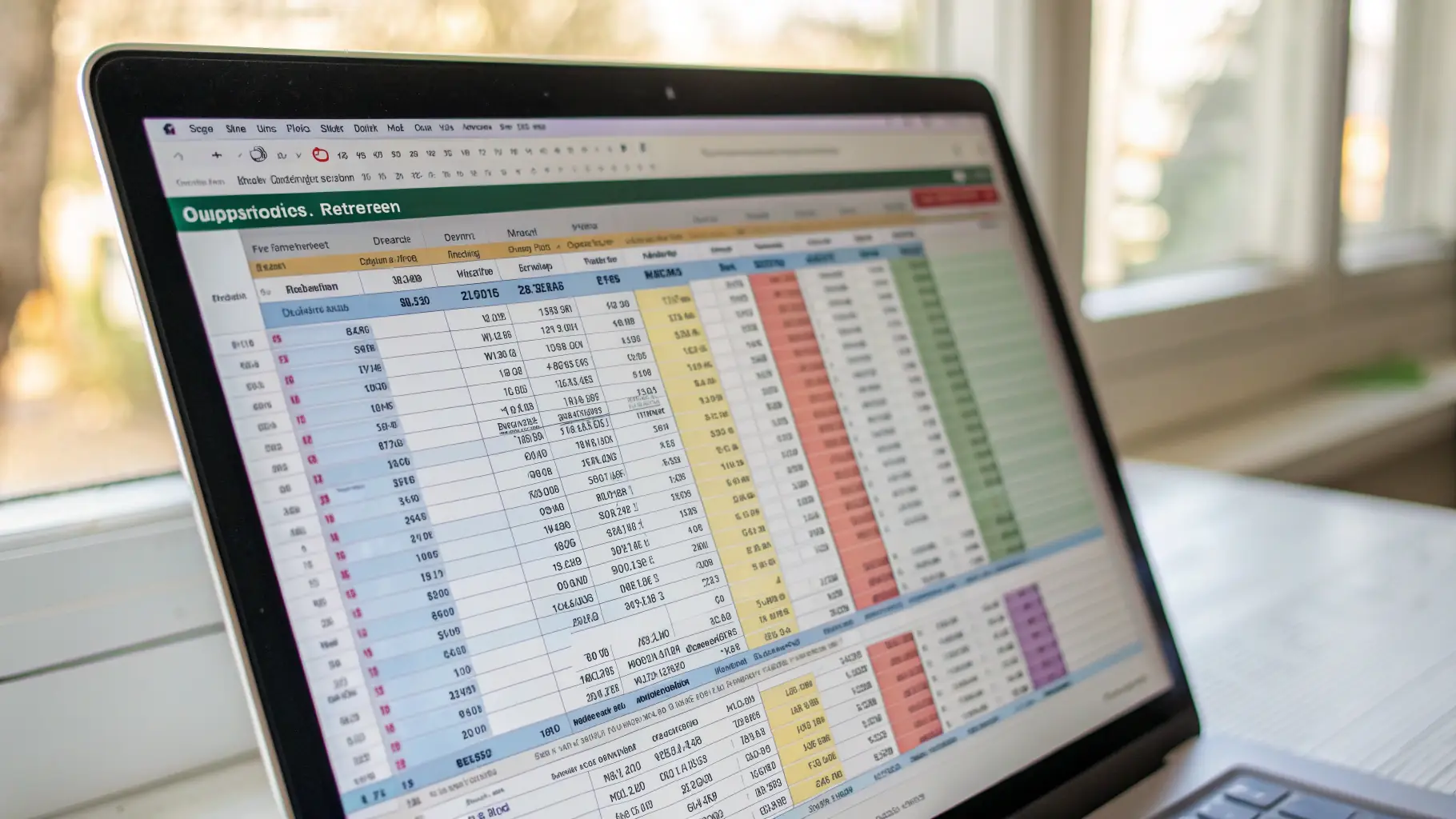Budgeting is a crucial aspect of financial well-being, enabling you to track your income and expenses effectively. A well-structured budget helps you understand where your money is going and identify areas for potential savings. By meticulously recording your spending habits, you can pinpoint areas where you might be overspending and make informed decisions to adjust your financial trajectory. Understanding your spending patterns is the first step towards achieving financial stability. Implementing a budget involves more than just recording transactions. It requires a proactive approach to identifying your financial goals and aligning your spending habits with those objectives. By setting realistic financial goals, you can create a budget that motivates you to stay on track. Regular review and adjustments to your budget are essential to ensure its effectiveness in the long run. This allows you to adapt to changing circumstances and maintain a healthy financial outlook. Beyond the initial setup, consistent monitoring and evaluation are key to successful budget management. Regularly reviewing your budget allows you to identify any discrepancies between your planned and actual spending. This proactive approach helps you stay informed about your financial health and make necessary adjustments. By consistently monitoring your budget, you can identify areas where you can cut back on expenses and improve your financial situation. This ongoing process ensures that your budget remains a dynamic tool that adapts to your evolving financial needs.
Financial Inspections: A Deep Dive into Your Finances
Learn how to conduct thorough financial inspections to gain a comprehensive understanding of your financial



